Tailored Livestock Care That Works: Building Smarter Herd Health Plans with Mid-Valley Veterinary
When you’re managing livestock, there’s no such thing as a one-size-fits-all approach. Each herd, each operation, and each season brings its own set of challenges—and that’s exactly where Mid-Valley Veterinary Hospital, located in Orland, California, steps in.
For ranchers and producers across Northern California and Southern Oregon, we specialize in customized herd health programs that are practical, science-driven, and built for the long haul. Whether you’re overseeing a commercial beef operation, a small family dairy, or a mixed herd of cattle, sheep, and goats, our team is here to ensure your animals thrive and your business succeeds.
What Is a Customized Herd Health Program?
A custom herd health program is a proactive veterinary plan tailored specifically to your operation’s goals, challenges, and animals. Think of it as a blueprint for disease prevention, nutrition, reproduction, and performance management—all designed to keep your livestock healthy and your business profitable.
While some operations take a reactive “treat when sick” approach, preventive herd health planning focuses on reducing risk before problems arise. According to Drovers, developing a herd health calendar customized to your environment, herd type, and production stage is one of the most cost-effective ways to protect both your animals and your bottom line.
Why Customization Matters for Herd Health
Northern California and Southern Oregon present a unique set of environmental variables—heat, drought, forage quality, parasite load, and seasonal disease threats. Add in varying operation sizes and species mixes, and you can see why off-the-shelf protocols don’t cut it.
Here’s what we look at when building your plan:
- Species and breed (beef vs. dairy cattle, goats vs. sheep)
- Herd size and age structure
- Production goals (milk, meat, breeding stock)
- Pasture management and feeding systems
- Calving/lambing season timing
- Vaccination history and disease pressures
- Regulatory requirements for your region
By getting to know the full picture, our team at Mid-Valley Veterinary can make smarter recommendations that actually work on your operation.
Core Components of a Herd Health Program
At its heart, a good herd health plan covers five key areas:
1. Disease Prevention
This includes tailored vaccination schedules, deworming protocols, and parasite control strategies. Read up about beef cattle herd health from UC Davis, and learn more about how we guide our approach in balancing immune protection with herd stress levels and local risk factors.
2. Reproductive Planning
Timed breeding protocols, pregnancy checks, and calving/lambing support are all part of keeping your herd productive. Our veterinarians use palpation, ultrasound, and lab work to monitor fertility trends and minimize reproductive losses.
3. Nutrition Consulting
The best health plans won’t stick if the nutrition isn’t right. We assess forage quality, mineral balance, and supplemental feeding needs across the seasons. A well-fed animal is a resilient animal.
4. Routine Exams and Monitoring
Health starts with observation. Regular on-site herd assessments allow us to identify early signs of disease, lameness, or condition loss.
5. Record Keeping and Compliance
We help our clients track vaccination, treatment, and reproductive records. This is vital for certification programs, marketing claims (e.g., antibiotic-free), and regulatory compliance.
Herd Health and Animal Welfare: They Go Hand-in-Hand
According to the University of Wisconsin Extension, animal welfare is not just an ethical concern—it’s a performance driver. Cattle and other livestock that are stressed, poorly handled, or exposed to preventable disease are less productive and more costly to manage.
Our team takes a welfare-first approach to veterinary care, using low-stress handling techniques and clear communication with clients to ensure herd health aligns with both ethical and business goals.
How Mid-Valley Veterinary Delivers Real Support
Our large animal veterinarians aren’t just here for emergencies (though we’re certainly there for those, too). We’re your long-term partners, offering:
- On-site farm visits for routine health checks and herd planning
- 24/7 emergency services when the unexpected happens
- Vaccination and deworming strategies based on current science and regional risk
- Dental care for cattle and small ruminants, as outlined in our large animal dental services
- Customized biosecurity protocols to reduce disease introduction and spread
Common Questions About Herd Health Programs
How often should I update my herd health plan?
At least once per year, and more often during major operational changes (e.g., herd expansion, shifts in production goals, or changes in forage availability).
Is a herd health program only for large operations?
Not at all. In fact, smaller producers may benefit even more from customized guidance, since minor setbacks can have a larger financial impact. Whether you run 10 head or 1,000, a herd health plan pays dividends.
Do I need to bring animals to the clinic?
No. Most of our herd health work is done on-farm. We bring the tools, training, and treatment to you. If needed, we also offer in-clinic support for procedures or diagnostics.
Your Role: Active Partnership
You’re the primary guardian of herd health. Here’s what we ask from you:
- Watch for changes in feed intake, appearance, and behavior
- Keep records on births, illnesses, and production data
- Communicate openly about disease patterns and environmental conditions
- Schedule regular visits for testing, wellness checks, and training
Let’s Build a Stronger Herd—Together
At Mid-Valley Veterinary Hospital, we know livestock health is more than medicine. It’s nutrition, genetics, weather, facilities, and above all, planning. Our veterinarians are proud to support ranchers and producers across Northern California and Southern Oregon with science-based, practical care that’s as invested in your success as you are.
Ready to get started? Contact our team today to schedule a herd consultation or learn more about our approach to large animal care. Let’s make the next calving season, breeding cycle, or grazing plan your best yet.
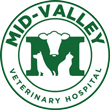
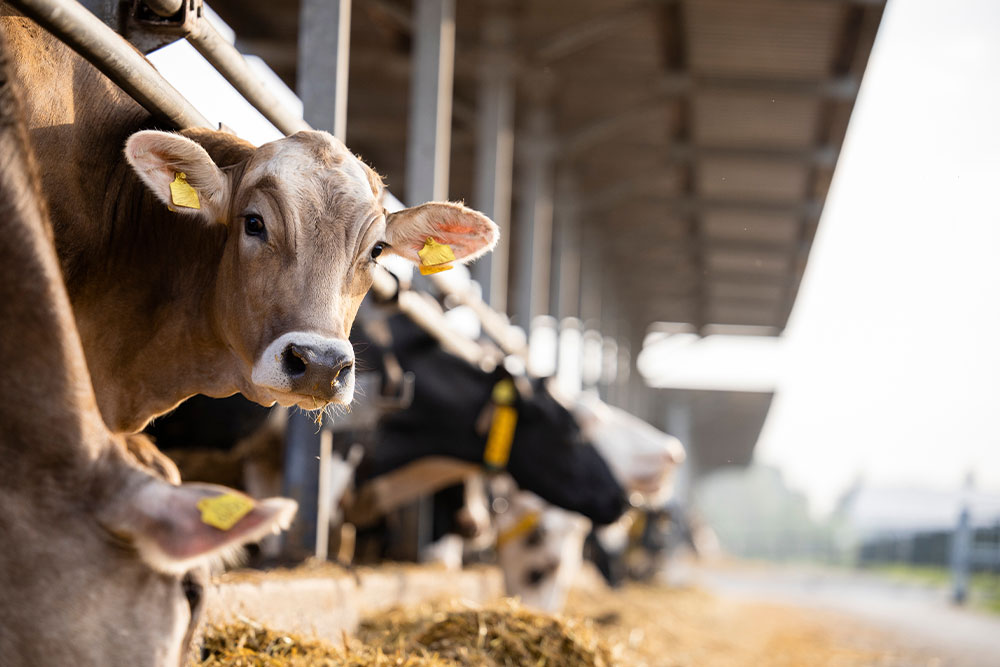
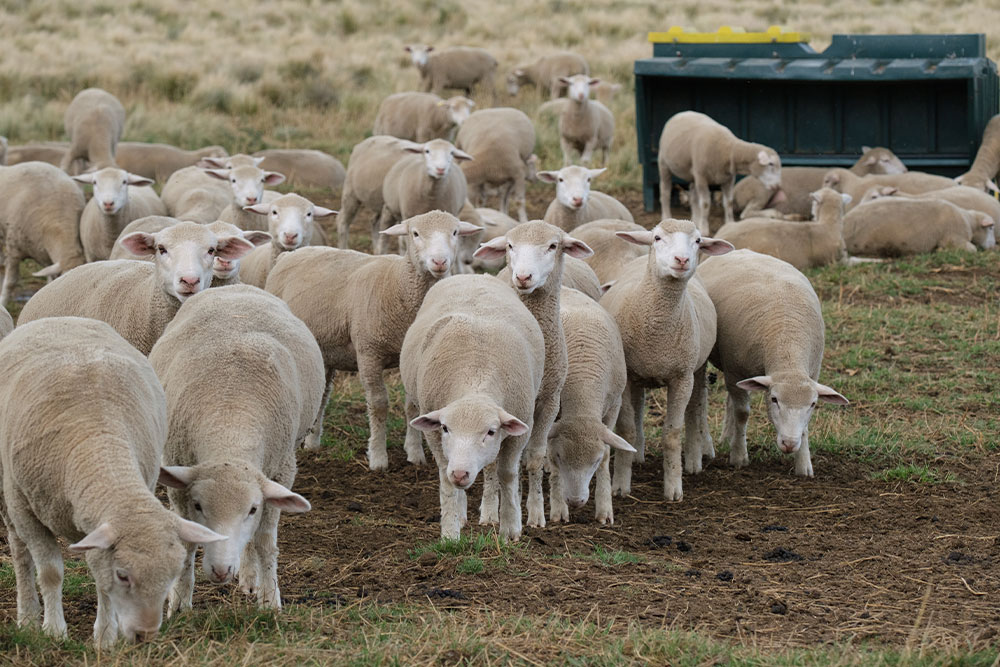
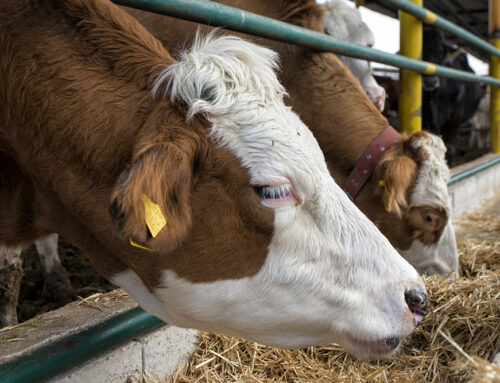

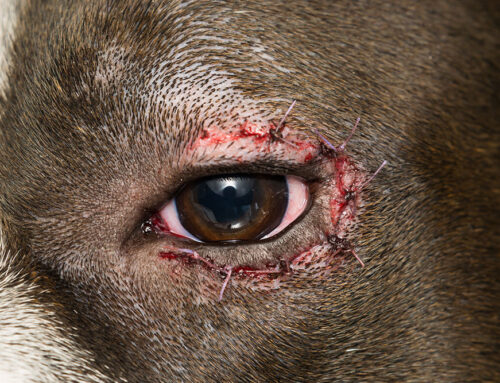


Leave A Comment